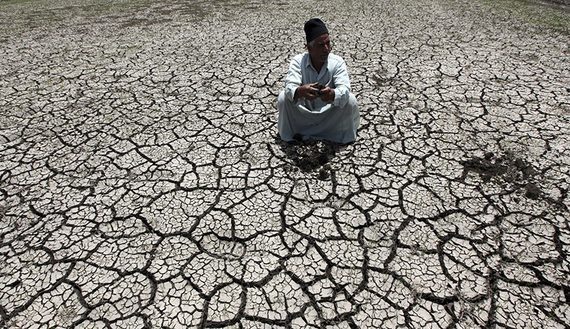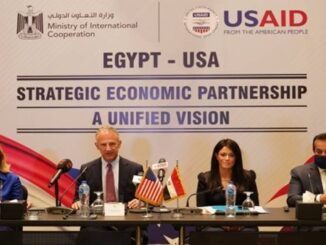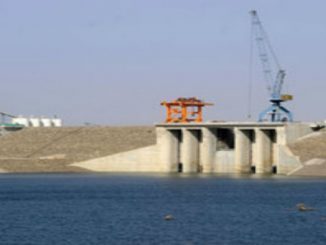
Abdel Fattah al-Sisi has asked the Israeli Prime Minister Benjamin Netanyahu for his assistance in solving the dispute with the Ethiopian government over the Renaissance Dam crisis.
According to a recent report released by Al -Araby al Jadeed newspaper, an Arab diplomatic source said, “Al-Sisi has recently asked Netanyahu to help Egypt resolve its dispute with Ethiopia over the Renaissance Dam, due to Ethiopia’s intransigence and refusal to respond to the Egyptian calls to coordinate efforts during the construction and storage stages.”
According to the diplomatic source, al-Sisi has finally resorted to seeking Israeli intervention in the Renaissance Dam crisis after Ethiopia’s rejection of all pressures exerted by Arab parties, including Saudi Arabia and the UAE, because Addis Ababa believes “the national project will help lift its deteriorating economy,” he said.
Egypt’s move to the Israeli assistance is based on the fact that Israel is a strategic ally of Ethiopia and a number of Nile Basin countries. However, an Egyptian diplomat warned from al-Sisi’s recent move, saying it could lead to the transfer of the Nile water to Israel, explaining that the current and former Israeli leaders have been calling for this since the signing of the Camp David agreement.
In fact, Addis Ababa and Tel Aviv enjoy close ties on the economic level as Israel provided a range of grants to Ethiopia over the past years.
In March, the Ethiopian Communication Affairs Minister, Getachew Reda, has said that his country almost completed 70% of the construction of the hydropower Renaissance Dam. In an interview with Asharq al-Awsat newspaper, the Ethiopian minister replied when asked about the Renaissance Dam crisis with Egypt saying, “Sudan, Ethiopia, and Egypt have agreed on the technical committees. Furthermore, we haven’t promised to stop construction work pending the completion of technical studies.” He added that although these committees are specialized in studying whether the dam would harm Sudan or Egypt, they don’t decide whether Ethiopia will build the dam or not. Reda stressed that “The dam will not harm the interests of Sudan or Egypt. “The Egyptians finally understood that it is necessary to reach some kind of understanding, which compels us to work together,” he said.
Reda stated that the Renaissance Dam became a reality, “No matter what happens, things will not change. The dam has become a reality. The people of the three countries will benefit from it,” he said. He also added that some (parties) believe that they will be harmed by it, and then this is not Ethiopia’s problem.
On the other hand, Egypt’s Ministry of Water Resources and Irrigation has declared a state of extreme emergency from May to next August in preparation for the summer crop season.



